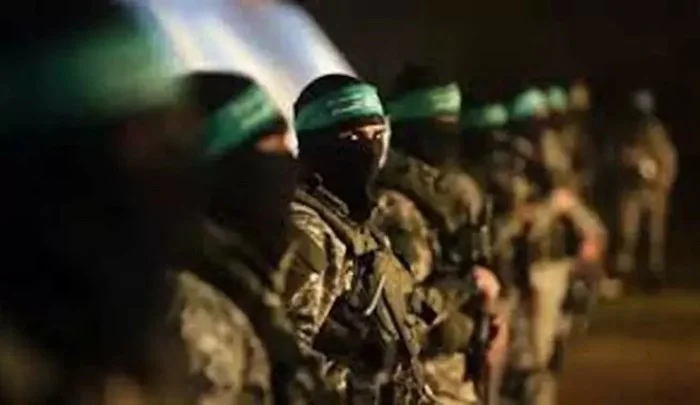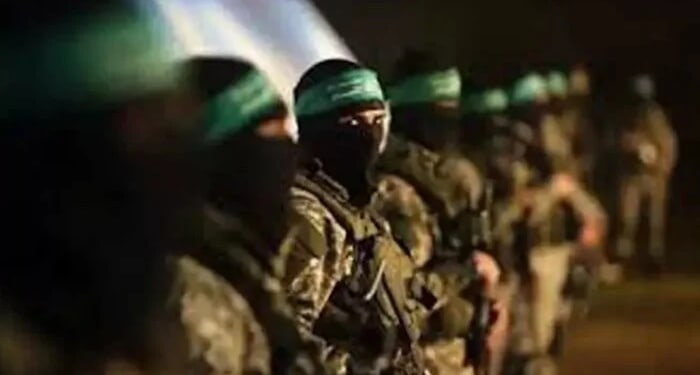
Order Michael Finch’s new book, A Time to Stand: HERE. Prof. Jason Hill calls it “an aesthetic and political tour de force.”
Sign up to attend Michael’s talk in Los Angeles on Thursday, November 20: HERE.
History rarely punishes the peacemaker, yet it often punishes premature peace. Statesmen have signed truces meant to end suffering, only to find that the suffering resumed as soon as ink dried. True peace is not a document or a handshake; it is the stillness that arises only when those who fought are inwardly exhausted by hatred and ready for something better. When that readiness is absent, treaties become traps.
The Twentieth Century offered the world two great experiments in how wars end. The first, in 1918, produced an armistice and a settlement—the Treaty of Versailles—crafted by exhausted democracies and embittered victors. It ended the gunfire but not the rage. The German people were told they had surrendered, but few of them felt defeated. The terms humiliated them without changing their hearts. A generation later the world paid the price for that illusion of peace.
In 1945, the lesson had been learned. The Allies demanded unconditional surrender from Germany, Italy, and Japan, not out of cruelty but because they understood that total capitulation was the only prelude to moral reconstruction. Only when the Nazi and Imperial systems were dismantled, their ideologies publicly discredited, and their populations forced to confront the wreckage of their own making did real transformation begin. The peace that followed was not negotiated—it was accepted.
The contrast between the two settlements reveals a pattern that recurs across centuries. When the defeated side still believes in its cause, a truce merely suspends the conflict. When it has abandoned that cause, peace becomes possible. The crucial variable is not the paper signed but the will that survives behind it.
Political realists have always understood this. The Roman historian Tacitus observed that false peace is the interval between wars; Clausewitz called it the continuation of war by other means. The philosophers of prudence—Burke, Adams, Niebuhr—each warned that goodwill cannot be imposed from above. A people must arrive at peace by conviction, not coercion. The yearning must begin, as Black Elk said, in the soul.
Yet modern diplomacy is often impatient with this truth. In an age of instant communication and moral spectacle, governments race to broker cease-fires and “framework agreements,” as if exhaustion of the body were identical to surrender of the mind. They confuse the optics of reconciliation with its substance. History suggests the opposite: the moral reckoning must precede the treaty, not follow it.
A recently imposed “twenty point peace accord,” beginning with a hostage-release arrangement between Israel and Hamas, illustrates this tension. Analysts note that such arrangements often emerge while combatants still view each other as mortal enemies. When one side sees a truce as a tactical pause rather than the end of a struggle, the agreement functions less as reconciliation and more as a continuation of war under another name.
History shows that any settlement reached under such imposed conditions risks repeating the same cycle of violence that followed every premature peace. Rather than achieving real peace, one creates a Gordian knot that defies unraveling. Instead of arriving at a desired lasting peace, one creates a quagmire of deceit that will ultimately break into renewed sanguinary belligerence.
The lesson is the same one the Twentieth Century learned at tremendous cost: a true peace cannot be forced upon those who have not yet renounced the reasons for war. It’s very difficult to find your way to peace when one side still values and glorifies death over life itself, and martyrdom and massacring your enemy remain ultimate rewards. Only when the will to destroy gives way to the will to live can signatures on a page become more than another cease-fire.
There is also a deeper psychological law at work. Individuals and nations alike change only when the old pattern has been shown to fail completely. When defeat is partial or ambiguous, the lesson is postponed. Post-war Japan’s transformation into a constitutional democracy was not the product of an equal negotiation but of collapse followed by rebuilding. Its peace endured because it had no illusions left about the war that preceded it.
The temptation to seek peace too early often springs from compassion—an understandable wish to stop the suffering now. But mercy without clarity can prolong suffering rather than end it. To halt a conflict while the underlying aggression still burns is to freeze injustice in place. Every generation that tries to short-circuit that process learns the same lesson: peace that is bought at the expense of truth merely rents time until the next explosion.
This does not mean that every war must end in ruin or occupation. It does mean that the side which begins with extermination or domination as its creed cannot be reasoned into civility by signatures. Only when its own followers reject that creed can a genuine settlement hold. A statesman’s task, then, is not to manufacture peace from above but to recognize whether the moral conditions for it exist below.
The yearning for peace that Black Elk described is not sentimental; it is transformative. It demands humility, repentance, and an awakening to shared humanity. When that inner conversion occurs, treaties matter. Without it, they are paper masks placed over living hatreds.
Perhaps the hardest duty of any civilization is to distinguish between the time for mercy and the time for resolution. Mercy before resolution is sentimentality; resolution without mercy is tyranny. The art of statesmanship lies in knowing when one has earned the other.
If the past Century teaches anything, it is that peace cannot be forced upon those who still glorify destruction. It must arise from the will to change, and sometimes that will only emerge after defeat has stripped away illusion. History’s cruel wisdom is that reconciliation is not the alternative to victory—it is its reward.
History and scripture alike remind us that evil left undefeated gathers strength in the shadows. When faced with an implacable enemy, all great leaders since Moses have known that a feared enemy must be crushed entirely. If just one ember is allowed to smolder, a fire will eventually break out. Ultimately, more is squandered by stopping half way than in achieving total victory.
Aaron Shuster is a filmmaker, writer, and philosopher who examines history, morality, and the enduring patterns that shape civilization. His essays seek clarity, responsibility, and meaning in an age that too easily forgets them.
















